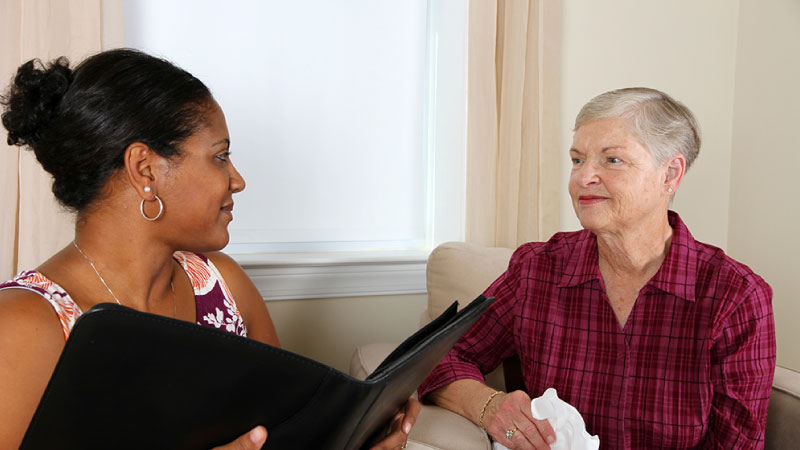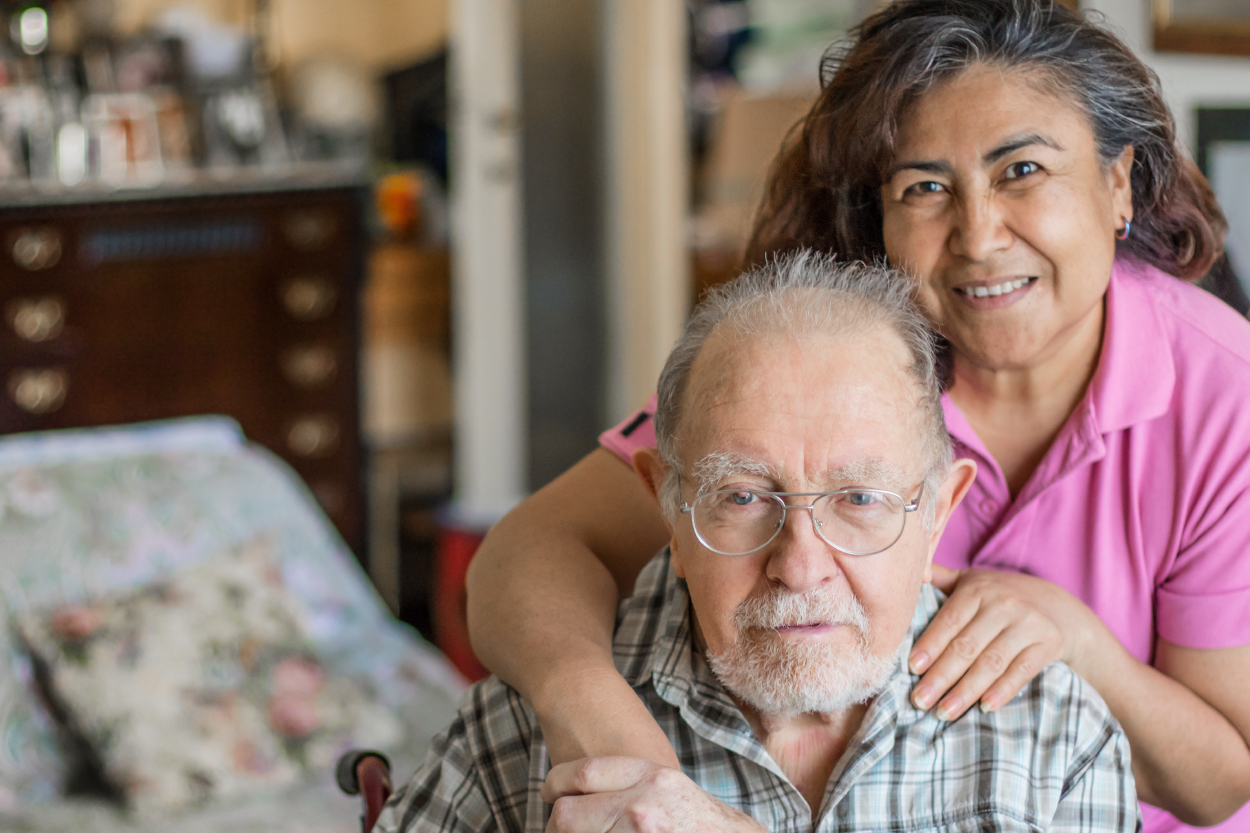
Developing resilience in later life stages
Counselors can help aging people by providing support and guidance to help them manage their mental health issues. They can also help them develop coping strategies to deal with the challenges of aging, such as retirement, loss of loved ones, and declining health. The counselor’s priority is to enhance the client's quality of life by promoting mental and emotional resilience.
Related Articles from Counseling Today
Continuing Education on This Topic
Practice Brief
-
Death and Dying Issue
Death and dying is a complicated and multifaceted topic. This Practice Brief will focus on death and dying, the counseling process, and those facing death. Also, the Practice Brief will cover caregivers who work with the dying...




